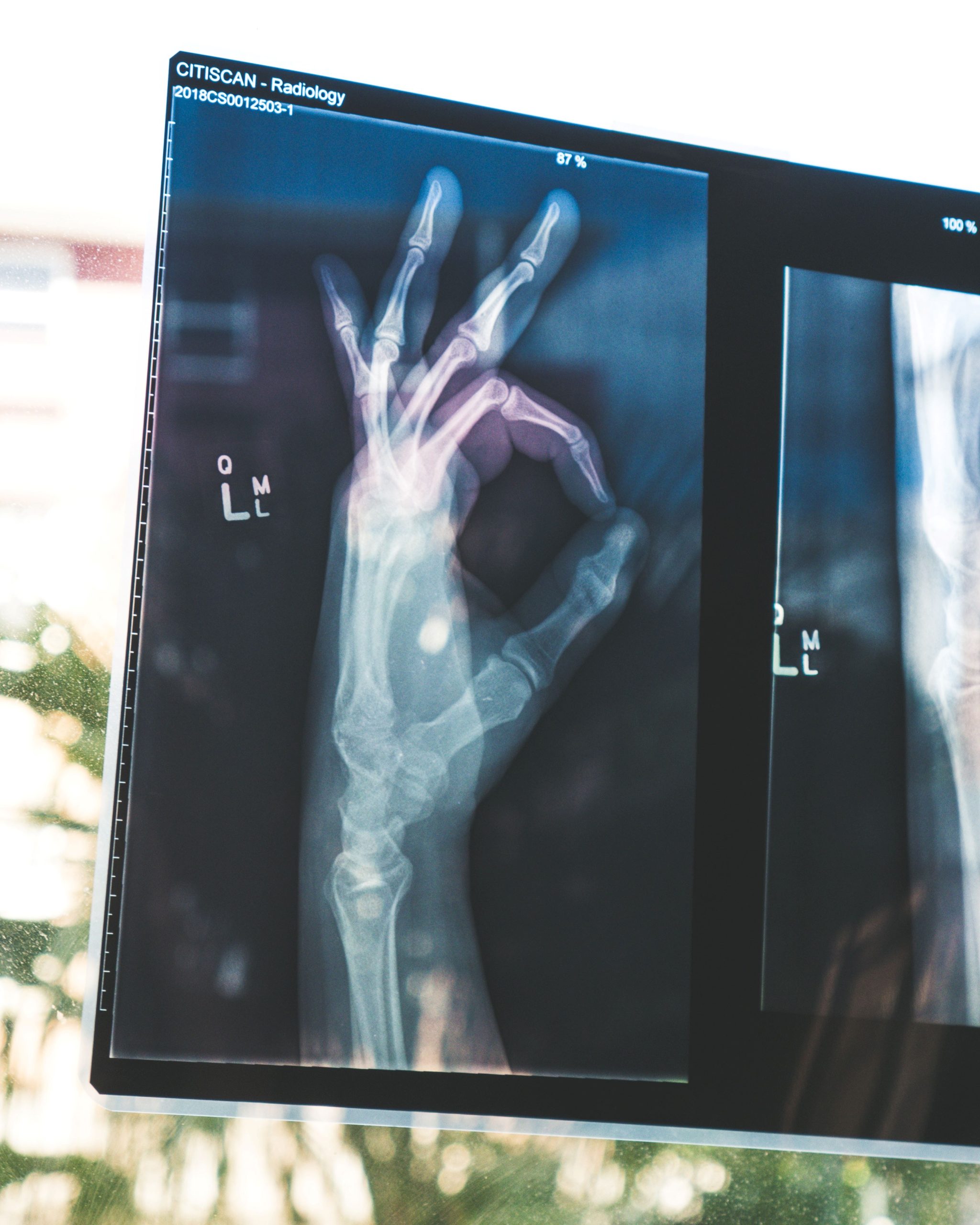Skip to content




Even though bone health is important at any age, it has become more vital for older adults. Your body is constantly changing and healthy bones play a crucial role. You lose bone mass continually. You also build new bone mass. When you’re very young, you build more bone mass than you lose, but as you age, the building process slows until you lose more bone than you gain, causing bones to weaken. It can affect everything from height and posture to breathing difficulties.
But there is good news – there are ways for seniors to limit their risk factors for bone health issues down the road, even higher risk individuals with a family history of problems. Here are some tips to help maintain bone health and prevent the most prevalent bone condition in seniors—osteoporosis.
Start by walking or lifting weights.
Regular exercise is essential for good health. That’s solid advice no matter what health problems older people are facing. Your muscles play a significant role in developing osteoporosis versus having strong bones. When you participate in weight-bearing and resistance exercises that cause the muscles to tug on the bone, the bones react by using more calcium to make the bones stronger.
The more weight-bearing exercises you participate in, the stronger the muscles and the more they tug on the bone, increasing calcium uptake and stimulating bone creation. Lack of exercise causes a loss of muscle tone and a loss of bone calcium, making the bones weaker. So work on building that muscle strength!
Include food in your diet high in calcium and get enough vitamin D and plenty of vitamin K.
In addition to exercise, a healthy diet is a no-brainer when it comes to improving bone strength and a host of other health ailments. A well-balanced diet plays a critical role in every bodily function. Specific to bone health, doctors often recommend seniors increase calcium intake but fail to mention increasing vitamin D and vitamin K.
Getting enough calcium is important, but getting enough vitamin D is necessary to absorb calcium. Vitamin K prevents low bone density by making osteocalcin. Osteocalcin prevents it. You can get vitamin D from safe sunning or consuming fortified foods, although sometimes a vitamin D supplement is recommended, particularly for those who live in the northeast, or in areas with cold, cloudy winters where vitamin D deficiency is common.
Talk to your doctor about calcium supplements, but typically, doctors prefer that you consume calcium-rich foods including milk products, canned salmon with bones, bone broth, broccoli, kale, and soy products. Vitamin K is in blueberries, canned pumpkin, and olive oil. It’s also in dairy products in smaller amounts and in meat and eggs. Also be sure to talk to your health care provider about the specific milligrams of calcium that are recommended for you each day. This recommendation will vary widely between men and older women, and even among individuals.
Quit smoking and only drink in moderation.
Both excessive drinking and smoking can interfere with bone health, especially in postmenopausal women. Smoking affects the bone’s blood supply and interferes with calcium absorption. It also interferes with the osteoblasts, cells that form bone cells. Long-term excess alcohol consumption also increases the potential for fractures. Women should have one drink a day or less and the limit for men should be two drinks.
- Besides strength training, including flexibility, balance, and endurance training is beneficial. Flexibility training increases the range of motion and allows bones to build faster. Balance exercises prevent falls that limit activity and endurance exercises increase your energy to do them.
- Don’t sit for prolonged periods. It can cause inflammation that weakens bones. Some theories suggest walking every 55 minutes, while others suggest you get up and move every 90 minutes. That stimulates circulation, sending blood throughout the body, including the bones.
- Check with your doctor to see if you need to supplement your diet with calcium, vitamin D, and vitamin K. Your doctor or healthcare professional will use blood tests to determine whether it’s the right choice for you.
- If you haven’t had a bone density test, do that to determine the rate of bone loss. If you don’t exercise regularly, start. Daily walks are a start. Walking with a companion increases safety and makes it more enjoyable.
For more information, call us at (405) 461-6175 or contact us today at LiveBetter At Home.
